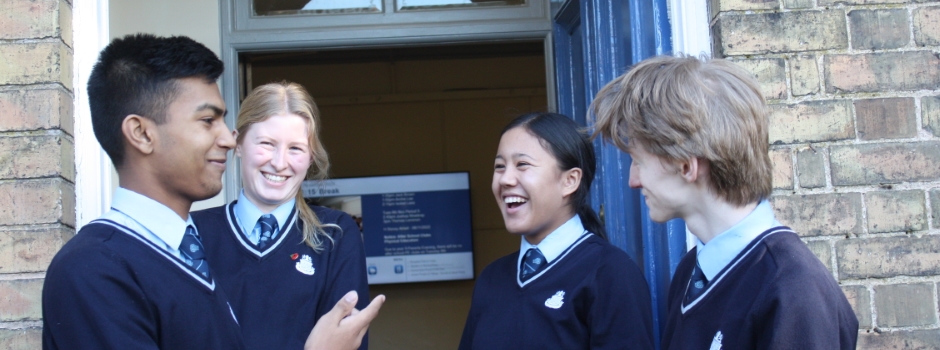



























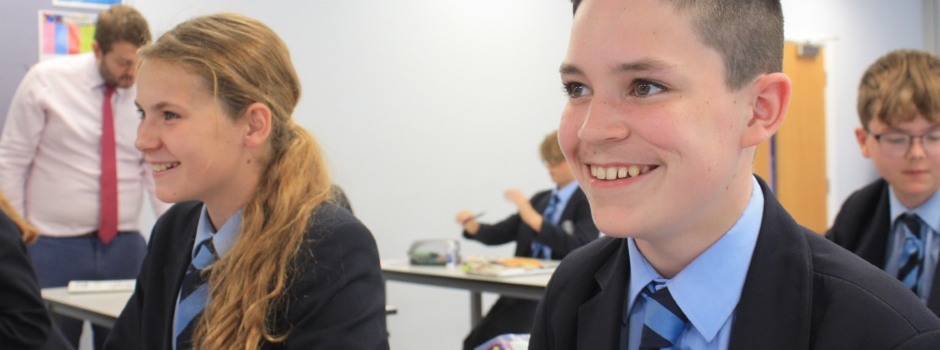


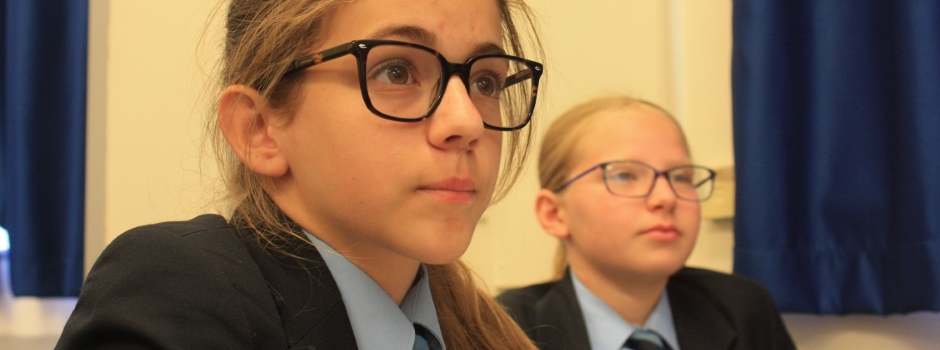
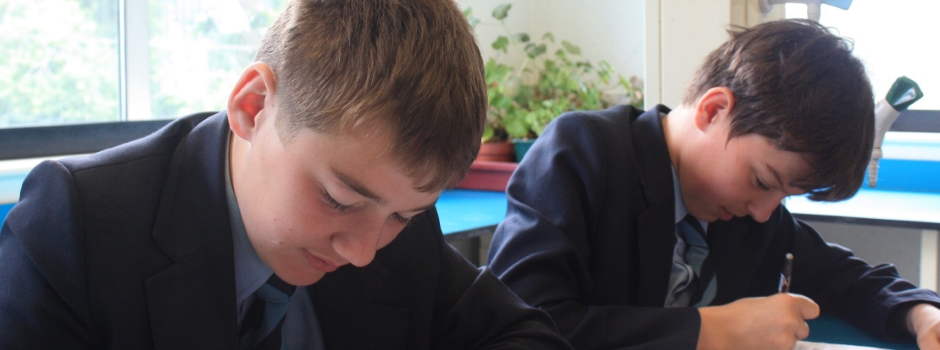
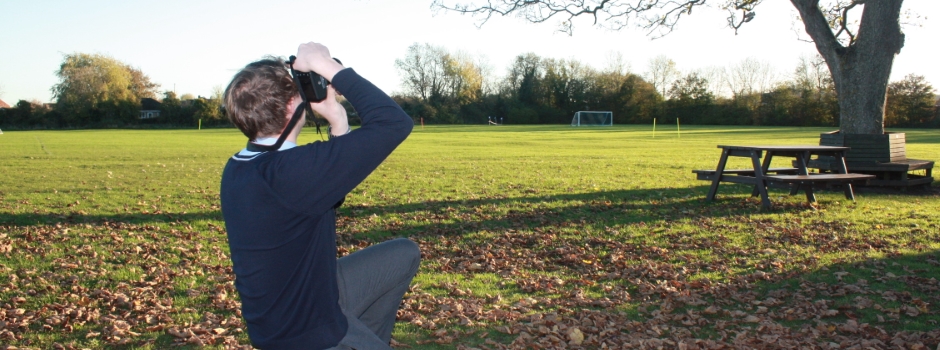

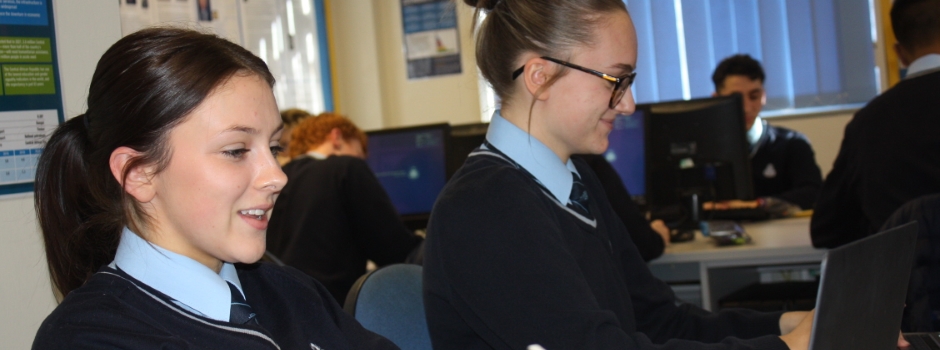


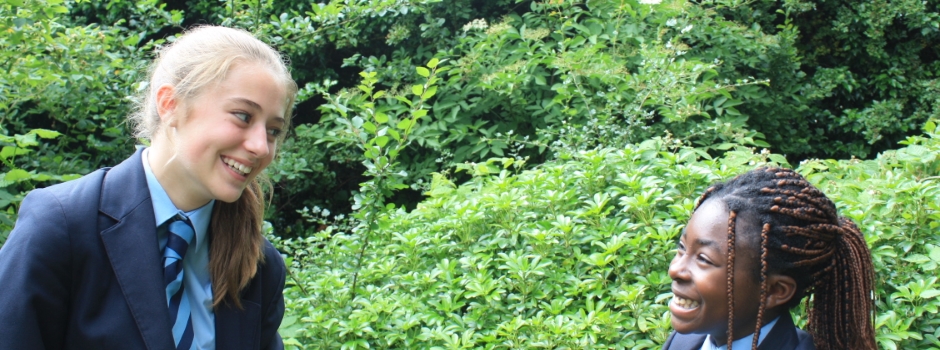



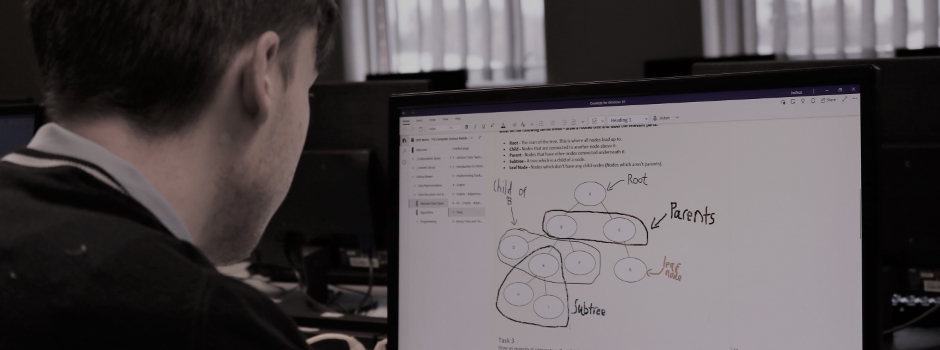
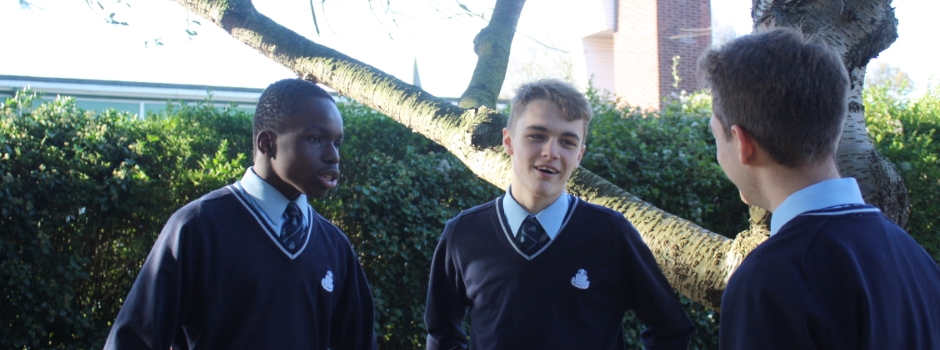





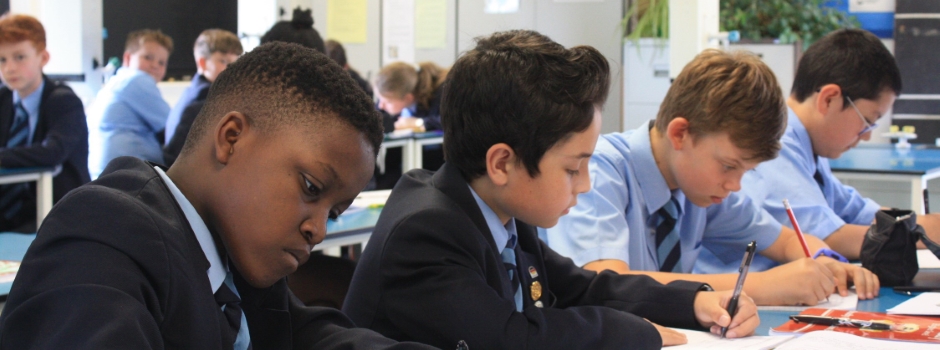


"We are so very grateful for the Outstanding education that Mitchell has received over the past 7 years with yourselves."
Year 8 - Curriculum on a Page
Showing the curriculum by year
Year 8
Curriculum Details - 2024/2025 (Current)
| Subject | Term 1 | Term 2 | Term 3 | Term 4 | Term 5 | Term 6 |
| Art | Natural Forms: Year 8 students will use their pre-existing Observational Drawing Skills utilising Schematic Drawing. Students will learn about the work of historical & contemporary Artists; transcribing their work in order to use their creative style to influence their own visual outcomes. | Natural Forms: Year 8 students will develop on the skills learnt in Term 1 by developing a range of ideas that link to the work of three historical or, contemporary Artists. Students will demonstrate their knowledge and further their handling of materials to form an indepth Final Piece. | Lincolnshire Landmarks: Utilising former Observational Drawing Skills, students will study the work of John Speed, whilst learning about the history of Cartography. Responding to the project theme, students create a selection of County Map ideas which combine historical and modern map aesthetics. | Lincolnshire Landmarks: Students will refer to the work of contemporary Illustrators Rebecca Harrison & Bea Baranowska; Year 8 will develop their own illustrative language using both Harrison & Baranowska as a reference in order to create a meaningful County Map as a Final Piece. | Identity: | Identity: |
| Computing | Computer Comms and Cyber Security - looking at how data is moved between devices on the internet as well vulnerabilities and how to protect against these. | Problem Solving and Bebras Competition - looking at different problem solving techniques and how they can help when programming as well as in everyday situations. Computer Science Entrepreneurship- A look at careers linked to computing as well as recent computer science entrepreneurs | Game Design using Arcade.Makecode - programming using a blocks editor producing a digital artefact. | Programming 2 - data processing and selection using variables in Python. | AI - A look at what is meant by artificial intelligence and machine learning. We look at how these model are built as well as how they can become biased. | Data Representation 2 - How data is stored in a computer system with a focus on how images and text are represented as binary. eSafety - A look at possible dangers and health concerns relating to the use of technology and how these can be avoided. |
| Design Technology | Welcome to the Introduction to Health and Safety for the Phone Charger Stand. This module will provide essential knowledge about the design cycle and materials. We will cover creating a product, understanding design briefs and specifications, and exploring design-related careers. | We will focus on constructing the phone charger stand, emphasising problem-solving and building on construction techniques from Year 7. Additionally, students will consider sustainability and explore a design-related career. | Introduction to Graphic Design Branding where we explore the principles of colour theory, typography, composition, tone, line, and imagery to create a captivating logo and brand products using sublimation printing. The end product shall be a personalised sublimated mug with packaging. | To continue the manufacturing of the Branding material. Evaluation of the topic. | End of KS3 Topic - personal storage. To create a storage device that can be carried, using Timber, Polymer and Metal. Knowledge of material, manufacturing techniques and introduction to NEA. | We will continue with the production of the tea tray and assess the final product for quality. End of Key stage Assessment. |
| English | The Outside in Literature: Modern novel study - The Bone Sparrow Careers: Working for Change (Unifrog) | Worlds & Lives: non-fiction writing about our world; The power of language - argument and rhetoric Careers: Environmental / nature writing | Narrative & Genre: short story unit | Worlds & Lives: contemporary voices in poetry (selection of poems); Literature in performance: performance poetry | The Outsider in Literature: Modern novel - I am Thunder | Literary Heritage: Shakespeare - A Midsummer Night's Dream |
| French | Recap: My neighbourhood: places in town, activities you can do, ask and give directions, inviting people out Grammar: prepositions, adjectives | My style: clothes, fashion, shopping, and musical tastes Grammar: reflexive verbs, present tense, possessive adjectives, comparatives, superlatives | Holidays and festivals Sport and daily routine Grammar: future, I would like, perfect tense, , depuis | Celebrity and entertainment Food and parties Grammar: direct object pronouns, infinitive structures,impersonal structures, future tense, conditional | Transport and holidays, home Grammar: Imperfect tense, si clauses, using all tenses fluently together | Freetime activities: music, film TV, technology Grammar: Direct object pronouns, review of tenses and adjectival agreement |
| Geography | Changing weather and climate: Introduction to weather and climate, how we measure, record and present the weather, climate of the UK, climate graphs, extreme weather in the UK. Careers: Jobs in weather and climate industries | Natural Hazards: The Great Storm, hurricanes, volcanoes and earthquakes; evidence, cause, effect and response. | People in the UK - challenges and opportunities: Measuring population, use of the census, UK ageing population, population pyramids, international migration, internal migration, ethnic and cultural diversity. Poverty and homelessness. Careers: Energy Engineer (unifrog) | Global challenges and opportunities: Global development and how we measure development, inequality, food inequality - famine and obesity, health inequality, comparing healthcare in a HIC and a LIC. | Global challenges and opportunities: Squatter settlements, life in Dharavi, economic opportunity - the geography of chocolate (fairtrade), social challenge - cholera, environmental challenge - plastic in the ocean, political challenge - the geography of conflict zones, sustainable tourism. | Africa is not a country: What is Africa like, African populations, The Sahara, The Horn of Africa, Nigeria a Newly Emerging Economy and Opportunities in Nigeria. |
| German | ||||||
| History | The late Tudor period, looking at the controversy surrounding Mary I. A special and obvious focus on Elizabeth I, concentrating on her weaknesses in 1558 and how she overcame them, with special attention on the Armada (causation). | The Stuart period is investigated with coverage of the gun powder plot and the causes of the English Civil War. Students expected to understand how both Parliament and Charles I were responsible for causing the war. Key event is re-enacting the trial of Charles I and Henrietta Maria. | Complete the study of the Stuart period by studying the Inter-regnum (and interpretations of Cromwell), the Restoration and the Glorious Revolution. Start the period 1750-1900; looking at agricultural changes and the replacement of the Domestic System with the Factory System. | Industrial revolution continued with focus on the development of industrial cities and the importance of transport changes. This leads into a review of the British Empire, where it was, its impact on India and its relationship with the Atlantic slave trade. | Focus on the First World War, looking at its causes, 1914 recruitment and the development of trench warfare on the Western Front; special interest on living conditions in the trenches and the reasons why the First Day of the Battle of the Somme failed (consequences and interpretations). | Final unit is on World War Two. The key events studied are the causes, blitzkrieg in Poland, the Battle of Britain and the invasion of Russia. A look at the Home Front is carried out, leading to a series of lessons on the Holocaust. The concluding section looks at changes in the post-war period. |
| Mathematics | Unit 1: Factors & Powers – Prime factor decomposition, index rules, estimation. STEM Link powers of 10. Unit 2 - working with powers - simplifying, substituting & solving TERM ASSESSMENT | Unit 3: shape – plans & elevations, surface area, volume, circle area & circumference, cylinders, Pythagoras’ theorem. Unit 4: Real Life Graphs – Direct proportion, distance-time, rates of change, misleading graphs. FINANCE link – finance graphs. TERM ASSESSMENT | Unit 5: Transformations – Reflection, translation, rotation, enlargement, Combining transformations, similar shapes area & volume. Unit 6: Fractions, Decimals & Percentages – Recurring decimals, percentage change inc repeated. TERM ASSESSMENT | Unit 7: Constructions & loci TERM ASSESSMENT | Unit 8: Probability – Comparing probabilities, mutual exclusivity, estimating & experimental probability, diagrams, probability trees. Unit 9: Scale drawings – Maps & scales, bearings, scales & ratio, congruent & similar shapes, solving geometry problems. TERM ASSESSMENT | Unit 10: Graphs – Plotting linear graphs, gradient, y=mx+c, parallel & perpendicular lines, inverse functions. STEM link – non-linear graphs. END OF YEAR ASESSMENT |
| Physical Education (non exam) | Football, Netball and Badminton Further develop techniques and refine strategic play to outwit opponents including net games. Pupils will be able to demonstrate the essential elements of attack and defence, retain possession and create scoring opportunities. | Football, dance, hockey, rugby, basketball. Further develop techniques and refine strategic play to outwit opponents including net games. Pupils will be able to demonstrate the essential elements of attack and defence. Further develop skills in choreography to produce performances. | Table tennis, fitness, volleyball Further develop techniques and refine strategic play to outwit opponents in net games. Understanding of the benefits of physical activity, the structure of training programmes and variety in types of exercise. | Dodgeball, rugby, handball Further develop techniques and refine strategic play to outwit opponents including net games. Pupils will be able to demonstrate the essential elements of attack and defence, retain possession and create scoring opportunities. | Athletics. Replicating and developing techniques in running, throwing and jumping events, implementing strategies to improve personal best, demonstrate essential elements of an event, aim to achieve personal best in at least two events. | Cricket and Rounders. Replicating and developing techniques, implementing and refining strategic play to outwit opponents in batting, bowling and fielding. |
| PSHE | HEALTH & WELLBEING Drugs and Alcohol Alcohol and drug misuse and pressures relating to drug use, supported by the Stay Safe Day in March. | LIVING IN THE WIDER WORLD Community and Careers Equality of opportunity in life and work. Challenging stereotypes in work and pay. Employment, self-employment and voluntary work how to set aspirational goals for future careers and challenge expectations that limit choices | RELATIONSHIPS Discrimination Discrimination in all its forms, including: racism, religious discrimination, disability, discrimination, sexism, homophobia, biphobia and transphobia | LIVING IN THE WILDER WORLD Digital Literacy Online safety, digital literacy, media reliability, and gambling hooks | RELATIONSHIPS Identity and Relationships Gender identity, sexual orientation, consent, sexting/dealing with coercive behaviour, and an introduction to contraception | HEALTH & WELLBEING Emotional Wellbeing Attitudes towards mental health how to challenge myths and stigma about daily wellbeing. How to manage emotions. How to develop digital resilience. Unhealthy coping strategies (e.g. self harm and eating disorders) vs healthy coping strategies. |
| Religious Studies | What is Islam? Beginnings and Belief; Muhammad; Rise to influence; The split; The Qu’ran; Belief about God; Prophets; Life after death; | Christianity Diversity within Christianity What is the Bible? Is Britain a Christian country? Should women lead the Church? Slavery and the Crusades Prayer Advent and Christmas | Islam in the modern world The Five Pillars; Prayer and the Mosque; Ramadan and Eid -ul-Fitr; What happens on Hajj? What should women wear? What is Jihad? Islam in Britain | Religion, crime and punishment. | What do religions say about the use of money and other resources? | Religion, peace and conflict. (Violence, War, Nuclear Weapons, Just War Theory, Pacifism) |
| Science | Biology 1 - Food and Digestion: Balanced diet, food nutrients, food tests, digestive system, model gut, malnutrition, energy in food. Chemistry 1 - Chemical reactions: Hazards, reactions, acids and alkalis, neutralisation, variables in science, rates of reaction, catalysts. | Physics 1 - Magnets and Electromagnets: Magnets, magnets in circuits, charge, current, voltage, magnetic fields, making electromagnets, static electricity. | Biology 2 - Respiration: Lund structure and function, breathing, asthma, lung diseases, aerobic and anaerobic respiration, fermentation. Chemistry 2 - The Periodic Table: Metals and non-metals, alkali metals, halogens, noble gases, reactivity, extracting metals. | Physics 2 - Heat and Energy: Kinetic theory, heat and temperature, conduction, convection, radiation, cooling, applications of energy transfer. | 8B3 - Inheritance and Selection: Interdependence, inheritance, modern food production, adaptation, Darwin, Mendel, DNA. Chemistry 3 - The Reactions of Metals: Displacement, naming and making salts (Acids and alkalis, bases, carbonates, metals) | Physics 3 - The Earth in Space: Solar system, planets, days seasons years and moon phases, the life of stars, images from space, telescopes. |
| Spanish |